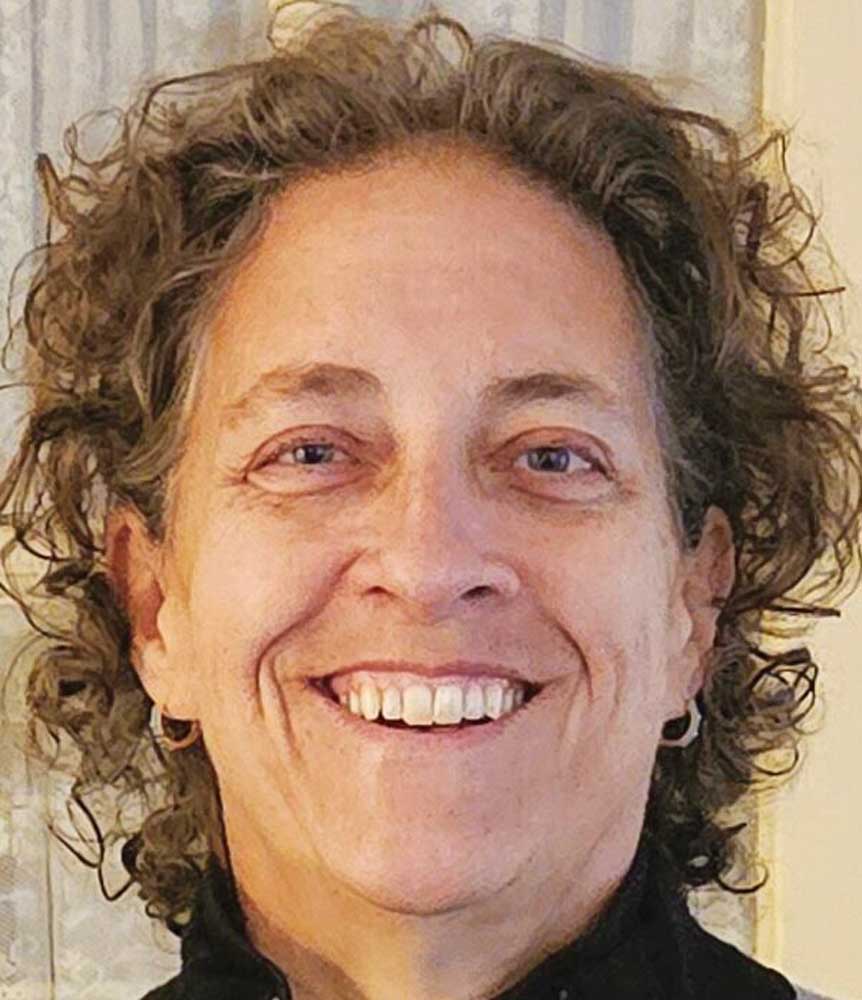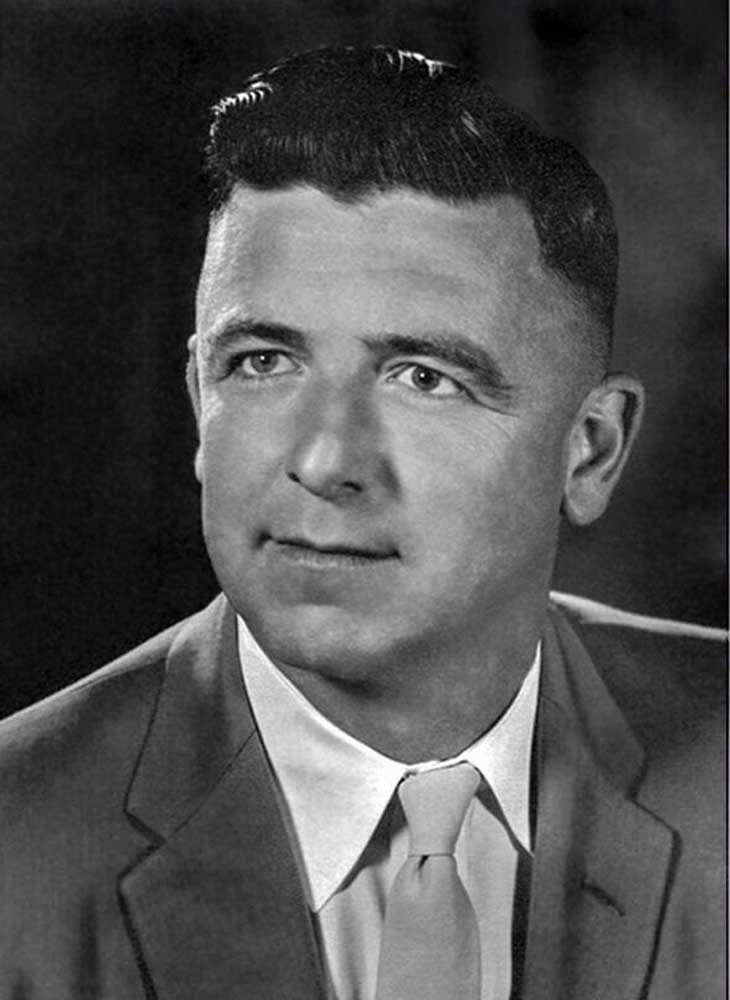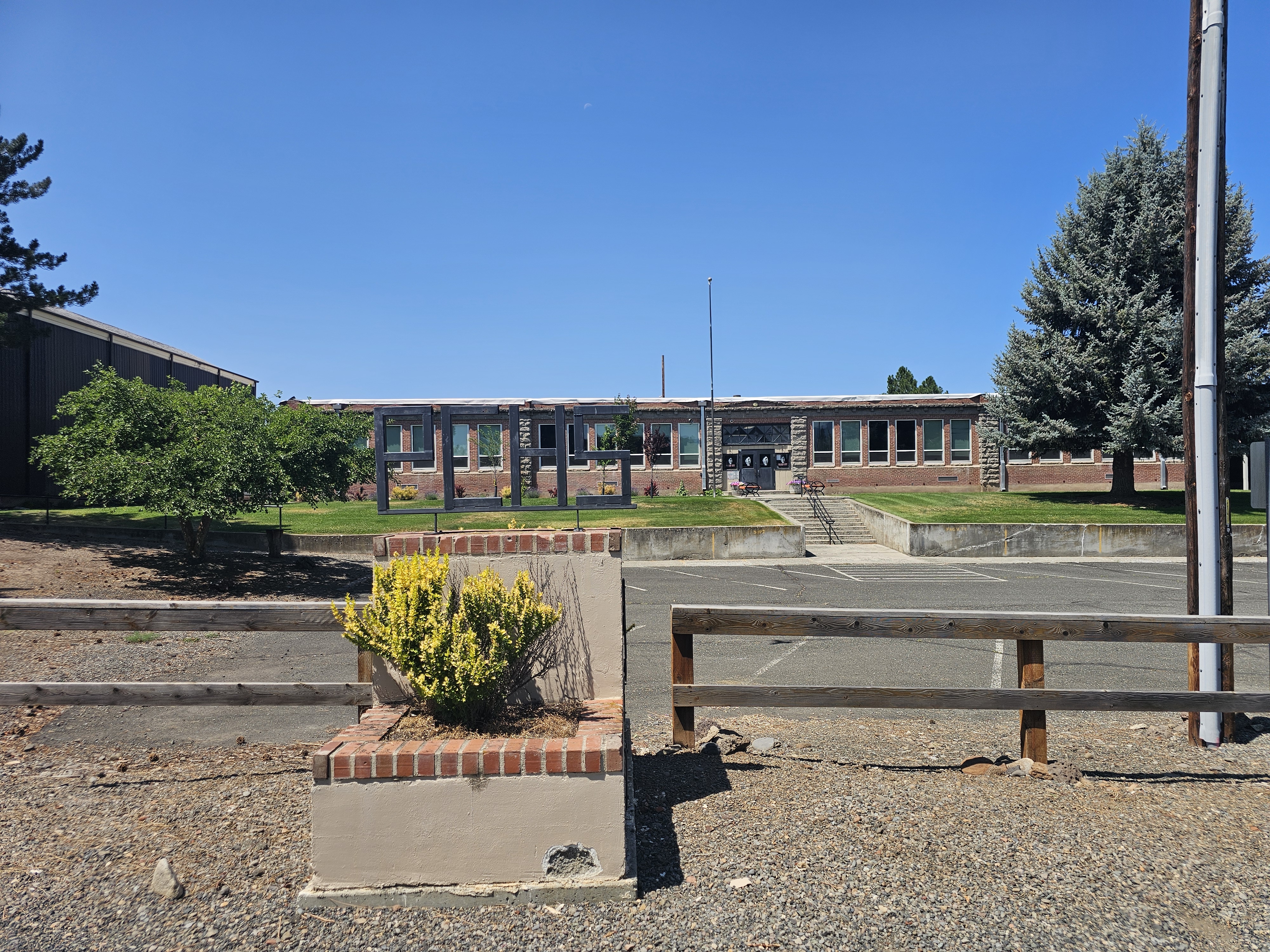Council moves ahead with new public safety fee
Published 3:00 pm Saturday, March 9, 2024

- Loennig
BAKER CITY — The Baker City Council plans to reinstate the monthly public safety fee that was in effect for about a month last fall as councilors seek to avoid potential cuts in the police and fire departments.
Trending
The proposed ordinance establishing the fee, which the council will consider at its March 12 meeting, requires that the city use the money only for salaries in the police and fire departments.
Those departments make up about 57% of the city’s general fund.
City Manager Barry Murphy projects the general fund, without a new source of revenue, would have a shortfall of at least $900,000 for the fiscal year that starts July 1, 2024.
Trending
The council could vote on the first and second readings of the ordinance March 12, when there will also be a public hearing on the proposal, and then approve the third and final reading March 26. The ordinance calls for the fee to take effect April 1.
The public safety fee that a previous council approved last year, and which took effect Oct. 1, 2023, was $15 per month for residential accounts (the fee was added to water-sewer bills) and $50 for commercial accounts.
Councilors appointed after a wave of resignations left the council without any members last fall decided in mid November to suspend the public safety fee. The fee in the new ordinance is $10 per month for residential accounts and $20 for commercial accounts.
Murphy said the fee would bring in about $750,000 per year. The previous fee, at the higher rates, would have raised about $1 million per year.
The ordinance councilors will consider later this month would automatically suspend the public safety fee each year unless the council decides to continue it.
The council would also decide each year how much the fee would be, if it is imposed.
“It’s pretty clear from a lot of people that they wanted a limit, a length of term on anything we institute,” Councilor Helen Loennig said during the council’s Feb. 27 meeting.
The proposed ordinance also sets a maximum fee of $15 for residential customers and $30 for commercial accounts.
Murphy recommended the council enact the new fee starting April 1.
In a report to councilors for their Feb. 27 meeting, Murphy wrote that due to the looming general fund shortfall, the city needs more revenue even if voters approve a five-year property tax levy that will be on the May 21 ballot.
Councilors decided earlier in February to put the levy before voters.
Even if the levy passes, though, the city wouldn’t start receiving the tax levy revenue for several months.
In his staff report, Murphy suggested a monthly fee of $12 for residential accounts and $25 for commercial. Councilors decided on amounts of $10 and $20, respectively.
The property tax levy, if approved by voters, would increase taxes by $1.38 per $1,000 of assessed property value. That equates to a yearly increase of $207 for a house with an assessed value of $150,000.
(Property tax statements include both the assessed value, on which the tax bill is based, and a real market value. The latter value is almost always more, and sometimes substantially more, than the assessed value.)
The levy would raise about $858,000 the first year it was in effect, according to Murphy’s report to councilors. The tax levy and public safety fee aren’t the only potential sources of revenue councilors are looking it. During the Feb. 27 meeting they voted unanimously to approve a resolution calling for the city to increase, from 5% to 7%, the franchise fees it collects from utility companies that use public rights-of-way. Those include Oregon Trail Electric Cooperative, Cascade Natural Gas and telecommunications companies.
The city hasn’t increased franchise fees for more than 15 years. The city collects about $988,000 annually from franchise fees at the 5% rate, and raising it to 7% would boost annual revenue by about $395,000, according to Murphy’s report.
With the increase in franchise fees, Murphy wrote in his report, the council could potentially reduce either the franchise fee, or the property tax levy if voters approve it, in the future. Councilors also voted unanimously Feb. 27 to classify short-term vacation rental homes as commercial properties.
This is the first step in the city potentially charging an annual fee for such properties.
Also on the agenda
Councilors discussed, but didn’t take action on, other topics Feb. 27, some of which could also yield new sources of general fund revenue.
• A proposal from Fire Chief Todd Jaynes to deploy two city ambulances and two wildland firefighting trucks to wildland fires. The city would be paid for the use of the vehicles, which would be operated by contract employees, not city firefighters, at least initially.
In a report to councilors, Jaynes wrote that using the city vehicles could bring in tens or hundreds of thousands of dollars annually, depending on the severity of the fire season.
Councilors asked Jaynes to bring more information about the proposal to a future meeting.
• A proposal to increase salaries for the city’s non-union employees. Councilors asked Murphy for more information about the plan before taking action.
• Hiring a Realtor to represent the city in marketing city-owned lots in the Elkhorn View Industrial Park. Councilors didn’t take any action.









